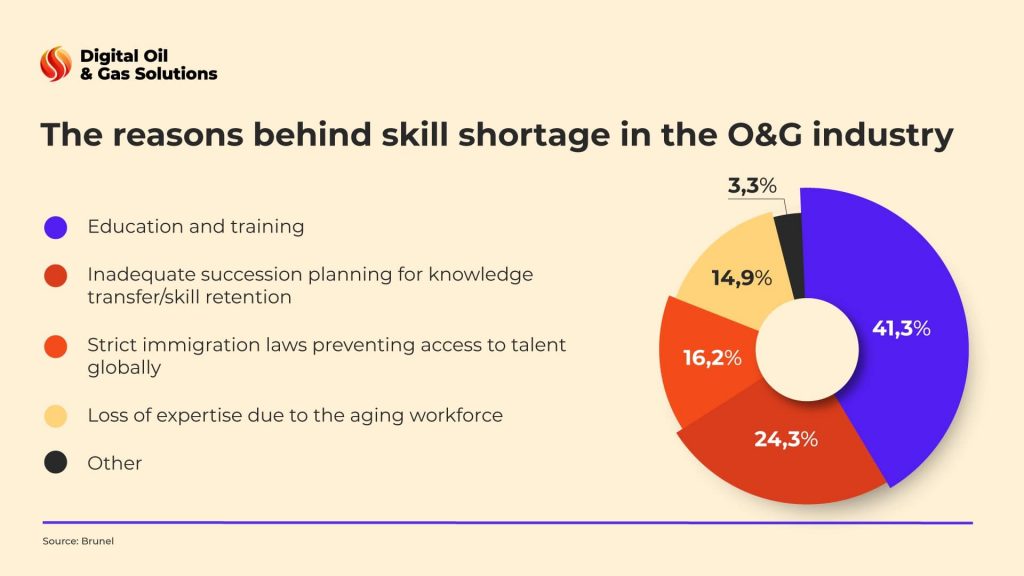Training in the energy industry is a critical aspect of ensuring safety, efficiency, and productivity in the production, transmission, and consumption of energy. It involves imparting knowledge, skills, and expertise to workers in the sector to enable them to perform their tasks effectively and efficiently. The energy industry comprises various sectors, including oil and gas, renewable energy, power generation, and distribution, and each of these sectors requires specific training programs.
Training in the Energy Sector
Training in the energy industry covers a wide range of areas, including safety training, technical training, compliance training, and leadership development. Safety training is essential to ensure the safety of workers, equipment, and the environment. It includes training on safety procedures, hazard identification, risk assessment, and emergency response. Technical training focuses on providing workers with the knowledge and skills required to operate and maintain complex energy infrastructure and equipment. This type of training includes training on equipment operation, maintenance, troubleshooting, and repair.
Why train in the Energy Sector?
Compliance training is essential to ensure that workers comply with regulatory requirements and industry standards. This type of training covers areas such as environmental regulations, health and safety regulations, and labor laws. Leadership development training aims to equip managers and supervisors with the skills they need to lead and motivate their teams effectively. It includes training on communication, teamwork, problem-solving, and decision-making.
The energy industry is constantly evolving, and new technologies and processes are being introduced regularly. Therefore, training programs must be updated regularly to keep up with the latest trends and developments. The energy industry also faces various challenges, including workforce shortages, skills gaps, and a lack of diversity. Training programs can help address these challenges by attracting new talent to the industry and developing the skills of existing workers.
How can you train in the Energy Sector?
Training in the energy industry can take various forms, including classroom-based training, online training, on-the-job training, and simulations. Classroom-based training is a traditional form of training that involves lectures, presentations, and group discussions. Online training is becoming increasingly popular as it allows workers to access training materials from anywhere at any time. On-the-job training involves workers learning while performing their tasks under the supervision of experienced colleagues. Simulations involve recreating real-world scenarios to allow workers to practice their skills and knowledge in a safe environment.
Conclusion
In conclusion, training in the energy industry is crucial to ensure the safety, efficiency, and productivity of the sector. It covers various areas, including safety, technical, compliance, and leadership development, and can take various forms. Regular training is essential to keep up with the latest trends and developments in the industry and address challenges such as workforce shortages and skills gaps.
At WTS Energy, we provide Training services to our consultants and clients. After identifying the constant need for actualization and upgrading skills within the sector, we opened our training center in Kenya, Gabon and Nigeria. We are upskilling the next generation of professionals not only in O&G but also in Renewables.
Frequently asked questions
What is energy industry training?
Training in the energy industry involves imparting knowledge, skills, and expertise to workers in the sector to enable them to perform their tasks effectively and efficiently. It covers various areas, including safety, technical, compliance, and leadership development, and can take various forms, including classroom-based training, online training, on-the-job training, and simulations.
Why is energy industry training important?
Training in the energy industry is crucial to ensure the safety, efficiency, and productivity of the sector. It ensures that workers comply with regulatory requirements and industry standards, and it helps address challenges such as workforce shortages and skills gaps. Regular training is essential to keep up with the latest trends and developments in the industry.
What types of training are available in the energy sector?
Training in the energy sector covers a wide range of areas, including safety training, technical training, compliance training, and leadership development. Safety training focuses on safety procedures, hazard identification, risk assessment, and emergency response. Technical training covers equipment operation, maintenance, troubleshooting, and repair. Compliance training covers areas such as environmental regulations, health and safety regulations, and labor laws. Leadership development training equips managers and supervisors with the skills they need to lead and motivate their teams effectively.







